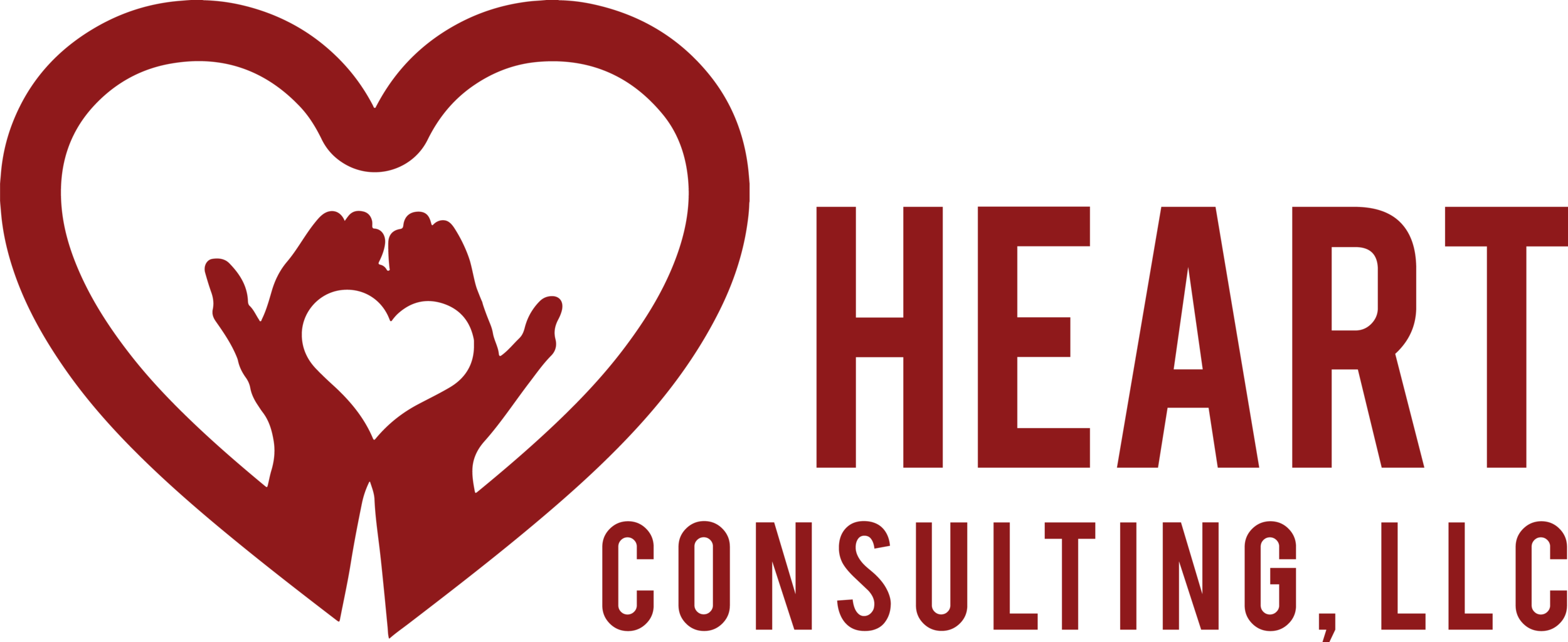The Intersections of Disability, Race, and Violence
I am angry, and you should be too. Once again, we are seeing unarmed black men being killed by police and others. I cannot even imagine what it must be like for this community to leave their homes, afraid of the people who have sworn to protect them, or afraid of their own neighbors.
The rate of violence against the black community is not increasing, people simply have more awareness because of increased technology and social media. The violence has always been there. But a large population of people at risk of violence still does not get much, if any attention.
Between 2009 and 2011, nearly one million people with disabilities were victims of violent crimes, including rape, sexual assault, robbery, and physical assault, such as beatings, stabbings and other acts of violence. Unfortunately, these statistics reflect only incidents that were actually reported to law enforcement (US Department of Justice). In fact, it is estimated that about a quarter of the deaths caused by law enforcement are victims with a disability, whether it is mental, physical, or intellectual (BBC).
Different categories of social categorizations (such as disability status, age, race, ethnicity, sexual orientation, gender identity, and immigration status) are all interconnected and create overlapping systems of discrimination.
It’s not enough to be angry, and it’s not enough to just post about it on social media, do your hashtag and be done. It’s going to take everyone, especially white, able-bodied people, to dismantle these systems of oppression. As a white person with privilege, it is not my role to take up space, rather I (and others) need to listen to the people most affected by the violence and amplify their voices. Below are some more resources on what you can do.
Check your privilege
White privilege does not mean you didn’t work hard to get where you are. It means that if you were a racial minority, you would have had to work significantly harder to get there. Be careful if you find yourself getting defensive and saying things like “not all white people”. Follow black and disabled advocates on social media to help challenge your biases. We highly recommend Rachel Cargle
Contact your local police department and elected officials
Ask if your police department has a mental health liaison, if officers have any training on working with people with Autism or developmental disabilities, and what training they have had to have on inherent biases. Contact your local officials and demand accountability and changes to our systems.
Get Educated
There are a ton of organizations and individuals who are providing training, particularly to white people, about what they can do better support racial minorities. We recommend checking out Dr. Alex Gee, The Progress Center for Black Women, Ta-Nahesi Coates, and Groundwork.
For more on disability, race, and violence, check out this article from Neuroclastic, “A Black Autistic Man Reflects on the Murder of George Floyd”
